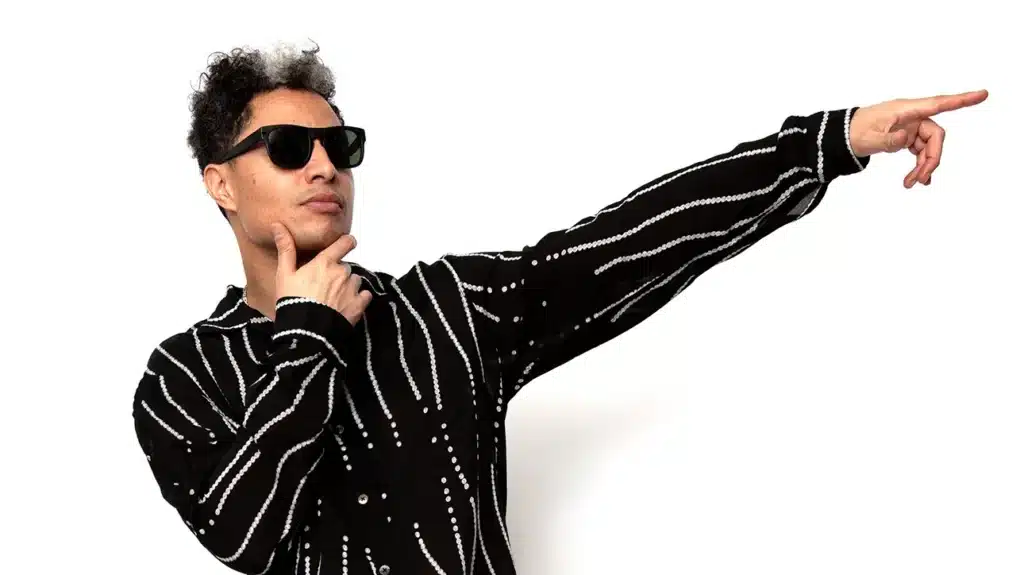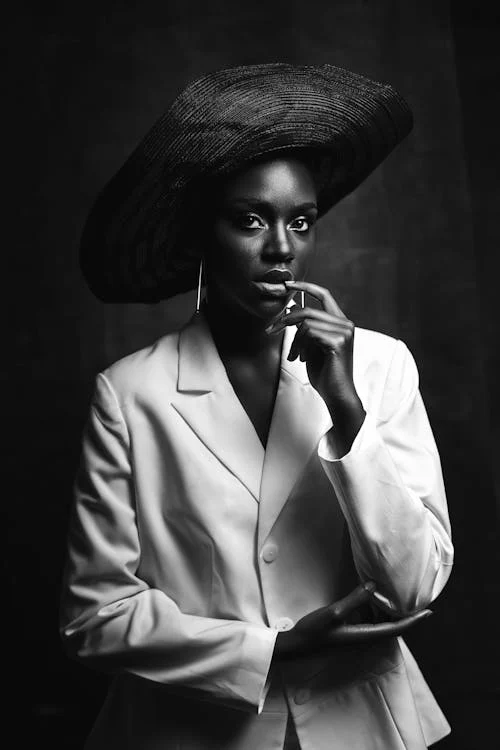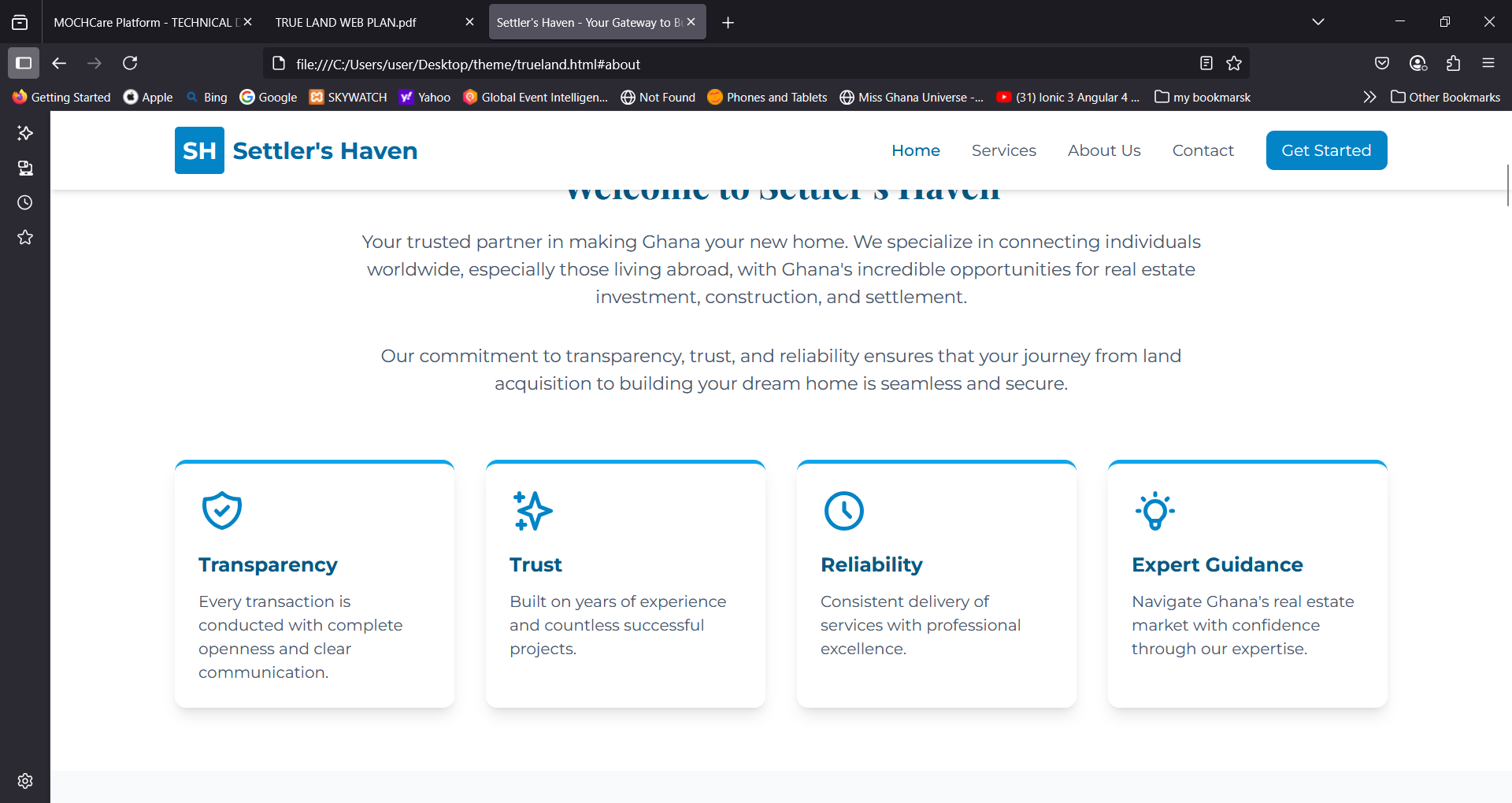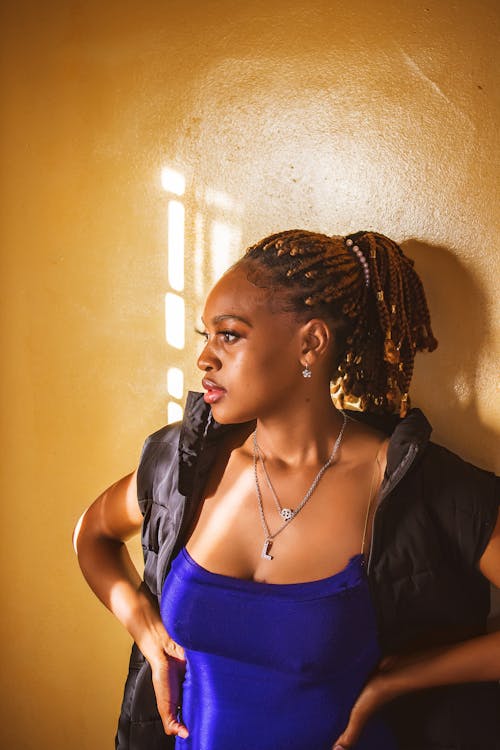INTERVIEWS
Published 5 months ago
José James Explores Disco Through a Creative Jazz Mindset
Elouise
Blog Author
Featured image for this post
Jazz singer José James has just released 1978: Revenge of the Dragon, his 13th studio recording in a career that has swung dramatically from relatively “straight ahead” jazz (his third Blue Note album was a tribute to Billie Holiday) to groove-based music, including a recent tribute to a different singer: Erykah Badu. It is his second consecutive recording, based at least in part on the music made in the year of his birth.
José James explains in this interview that “I still want to be known as a jazz singer, one who can do it all.” His insinuating baritone sound has a rich set of shades and overtones that any jazz singer should envy. However, James’ music arguably came alive on his fourth recording, No Beginning No End, recorded in 2013 with many soulful collaborators, including the jazz-new soul keyboard innovator Robert Glasper, bassist and producer Pino Palladino, and jazz and hip-hop drummer Chris Dave. Released on Blue Note, this recording was the most sophisticated and pleasurable of its decade, and it found a recipe for creating a blend of jazz, soul, and hip-hop.
In the following dozen years, José James has applied his voice and production to a wide range of music that tells his story: the Holiday and Badu tributes, of course, but also a wealth of original compositions, a Christmas album, and a set of Bill Withers interpretations.
1978: Revenge of the Dragon is among José James’ most intriguing sets and a great place to discover him for the first time. It is uncategorizable: four original songs and four classics from 1978, with each cover song, by the Bee Gees, the Rolling Stones, Michael Jackson, and Herbie Hancock, beyond category. The soul and hip-hop grooves are deep, the rubbery bass lines refuse to quit, and the impressionistic harmonies are straight from a modern jazz recording. Every track puts the leader’s voice in the leading role, seducing, searching, cutting across decades with lyrics that name-check heroes from Marvin Gaye and Stevie Wonder to Nas.
In conversation, jazz singer José James is literate and a good listener, clearly excited about connecting music to politics, culture, and history.
I just listened to your guest vocal spots with jazz pianist Junior Mance from his 2007 live album. The sound and energy you have in 2025 were already present on those tracks. Your jazz skills make you a canny singer and a sophisticated songwriter, but your core musical identity seems closer to Stevie Wonder, Sly Stone, Gil Scott-Heron, and Bill Withers. Do you hear a consistent voice in your work? How do you approach being a “jazz artist” who perhaps isn’t creating music that is “jazz”?
I look for freshness in everything I do. I love the jazz tradition. I loved working with [jazz drummer] Chico Hamilton and Junior Mance, who were both my teachers at the New School. They contained a depth of knowledge, the stories they would tell about working with Lena Horne, Dinah Washington, Joe Williams, and Charlie Parker — to name just a few — were incredible. I think there’s no way to move forward in music without going deeper into the past. You have to understand why Louis Armstrong was such an innovator and why Bessie Smith was the biggest black entertainer of her time.
Jazz was never a small room for me. Jazz is a template or blueprint you learn to use to do whatever you want. I relate to someone like Miles Davis. He style-hopped, too, but his sound remained consistent from when he met Charlie Parker until he was doing electronic stuff in the 1980s.











Comments (0)
Leave a Comment